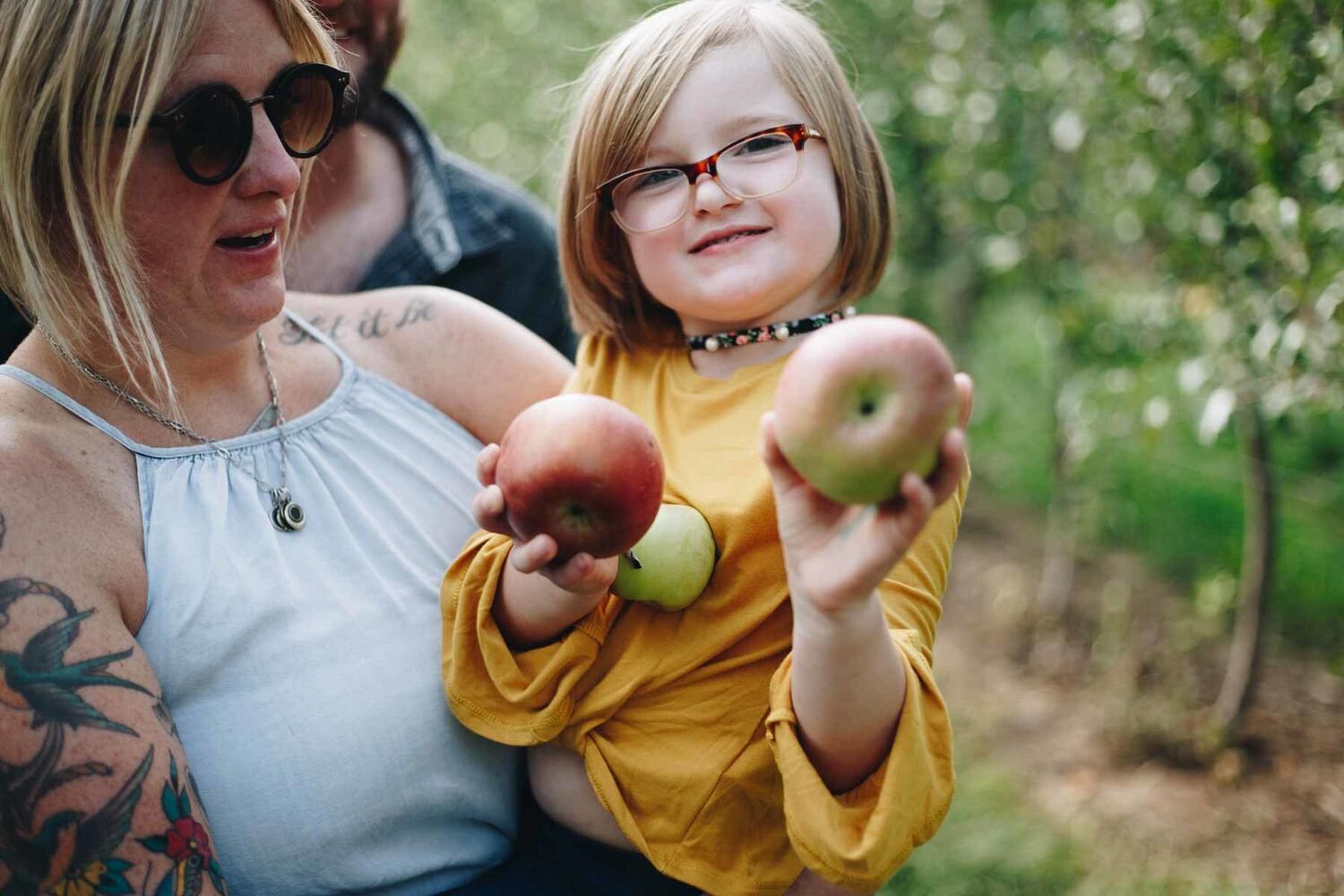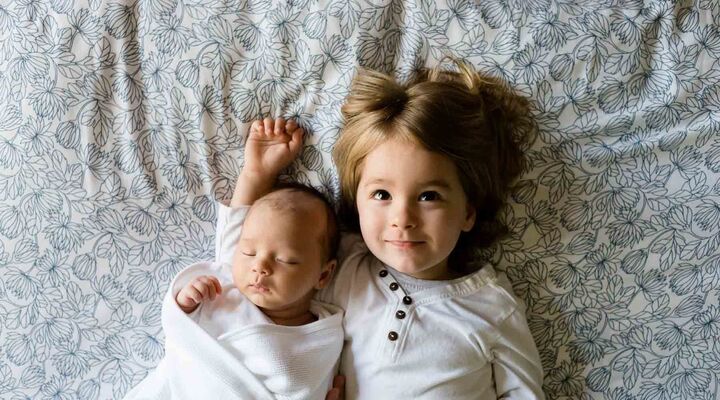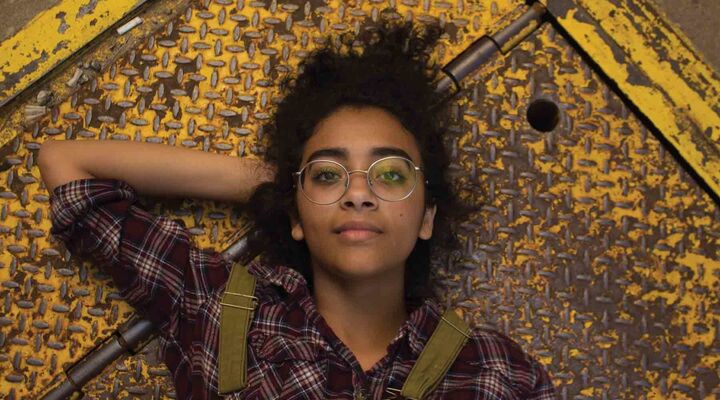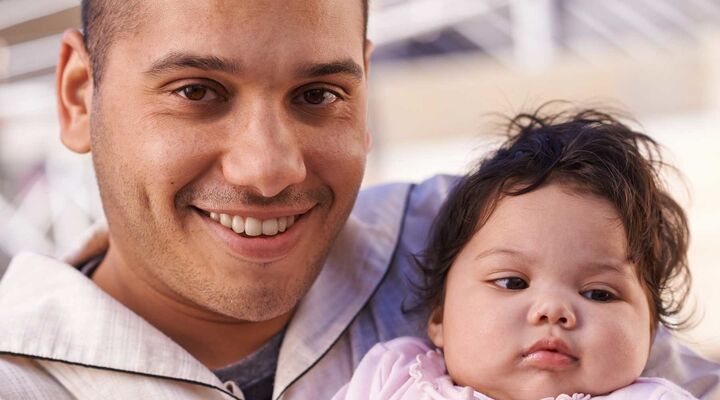We provide a range of support to foster carers throughout their fostering journey.
MacKillop appreciates the invaluable role played by foster carers, and we will help you to provide the best care you can for a child.
Support for foster carers includes:
- comprehensive and flexible training courses
- ongoing support from a designated case worker
- access to a team of specialists
- an after-hours call service
- support to help you plan your foster child’s care
- access to respite care for your foster child when you need a break
- links to other MacKillop foster carers in your area
- MacKillop newsletters with information and resources for foster carers.
MacKillop is an accredited Sanctuary organisation. The Sanctuary model focuses on safety, and understanding how past adversity and trauma can affect people’s behaviour. It recognises that trauma also affects the carers who work with traumatised people. Sanctuary helps carers form communities that are supportive and caring.
Foster care payments
State governments provide financial support to foster carers. Carers receive regular payments to cover some of the costs of caring for a child, such as food, utilities, clothing, school needs, recreational activities, medical and dental costs.
Foster care payments are tax-free. The government determines the rates, which vary depending on the child’s age and needs. Here are links to the rates of payment for the three states in which MacKillop operates:
If you have any questions about support for foster carers, please call us on 1300 791 677.
Take the first step to becoming a foster carer today.
Download our information booklet
This booklet contains lots of information about foster care and our approach to it. The booklet is tailored to each state where we work - download a copy for the state in which you live.
Frequently asked questions about foster care
Do I need to have a spare bedroom?
Yes. It’s important that children coming into a foster carer’s home have their own space. We require carers to have one spare bedroom that has a window and door. The only exception to this is when caring for babies under the age of 18 months.
Can I apply to foster babies but not older children?
Yes, however there needs to be a full time carer at home with the baby. This is important because babies have already experienced the trauma of separation from their family, so placing them in childcare is not in their best interest.
I’m only interested in adoption or permanent care. Is this an option?
This depends on whether you’re located in Victoria, NSW or WA as the legislation varies between states.
In Victoria, foster care is geared towards reuniting children with their birth families. If you’re interested in adoption or permanent care in Victoria you’re best to contact Fostering Connections on 1800 013 088 to ask about agencies which provide permanent care options.
Foster care in WA operates very similar to how it does in Victoria. If you’re interested in adoption or permanent care, please contact the Department of Child Protection (DCP) on 1800 182 178. There are options for permanent care or guardianship in NSW with MacKillop. Please enquire online or call us on 1300 791 677 to find out more.
What training do I have to do?
If you have a partner, both of you will need to complete training with MacKillop. This involves two full days of classroom hours.
What happens after training?
Training is followed by an assessment period where MacKillop staff come to your home to discuss a series of topics to determine if you are suitable to provide care to vulnerable children and young people. The assessment phase usually entails 3-5 interviews in your home.
I’m interested in foster care but I’m single and work full time?
Whether you’re in a relationship or single is not important. Whether you can provide a safe and loving home is the most important thing. Working full time is not a barrier to becoming a foster carer, however some flexibility with your work is required.
I am a member of the LGBTIQA+ community. Can I be a foster carer?
Yes. We welcome lesbian, gay, bisexual, trans, gender diverse and intersex people at our services. Children in care may also identify as LGBTIQA+ and require carers who are understanding, accepting and nurturing of their identity.






